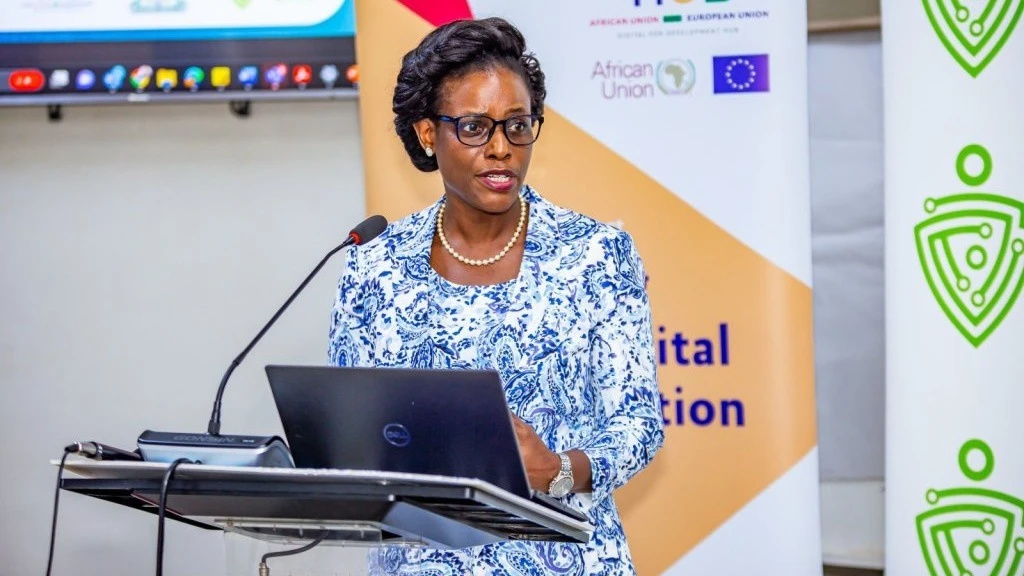Digital transition: EAC proposes regional payments master plan

THE East African Community (EAC) is seeking to accelerate regional digital integration by developing a regional payment systems master-plan, intended to harmonise legal, regulatory and oversight frameworks fir a conducive cross-border payment ecosystem in the region.
Annette Ssemuwemba, the EAC deputy secretary general for Customs, Trade and Monetary Affairs, at a meeting of the EAC regional payments system steering committee in Entebbe\ on Thursday, rooted for an efficient and reliable payment systems in fostering economic integration.
The master-plan is geared to making cross-border payments faster, safer, cheaper and more transparent, she said, underlining that this initiative is crucial for unlocking the region’s trade and financial potential.
She reaffirmed the region’s desire to make cross-border payments more integrated to facilitate trade and financial inclusion, as the region sees rapid growth in digital payments.
Mobile money transactions are surging but challenges persist, including high transaction costs, limited interoperability and regulatory disparities across partner states, she stated.
“Cross-border payments remain costly, averaging seven percent of the transaction value, well above the global average target of one percent for retail payments and three percent for remittances,” she asserted.
While the 1999 EAC Treaty of Integration has provisions for harmonisation of legal frameworks, the absence of an enforceable regional payments law and regulatory framework across the partner states remains a challenge, she further noted.
A few partner states have enacted national legislation aligned with EAC commitments, creating a legal gap that hinders uniform enforcement of cross-border payment regulations.
“Despite these hurdles, opportunities exist. The region's growing digital economy, expanding internet penetration, currently at 28 percent of business level connectivity at an affordable cost, innovative financial technologies are paving the way for an inclusive and seamless payment ecosystem,” the policy adviser noted.
A mutual recognition framework for licensing payment service providers (PSPs) is expected to facilitate cross-border operations, while a harmonised regulatory framework for intra-regional mobile money and e-wallet transactions is also being developed for interoperability and security, she elaborated.
Currency acceptability and convertibility is also lined up to address currency-related challenges, fostering better pricing mechanisms, she said, hinting at developing infrastructure enabling instant cross-border wholesale and retail payments.
The master-plan will identify infrastructure needs for instant cross-border payments to ensure access, speed, cost efficiency, transparency, inclusivity and safety as well as sustainability of the payment systems, she affirmed.
The steering committee meeting brought together EAC central banks, the German agency GIZ, Trade Mark Africa (TMA), the World Bank and EAC Secretariat facilitators, she added.
Top Headlines
© 2025 IPPMEDIA.COM. ALL RIGHTS RESERVED






















